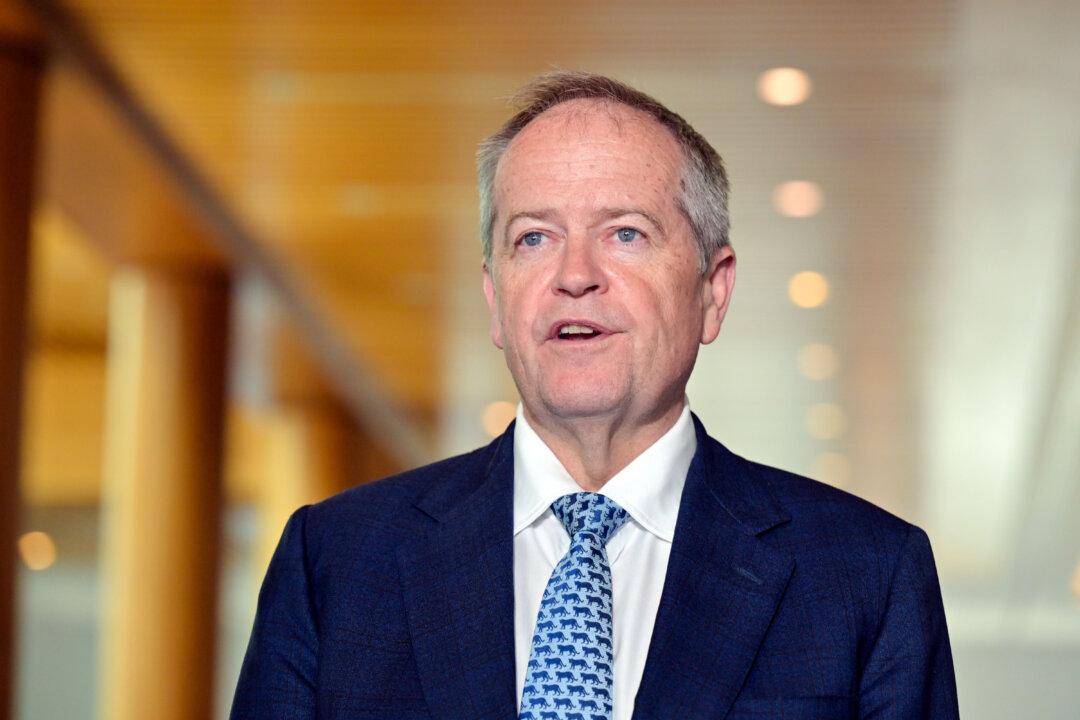NDIS Minister and former Labor leader Bill Shorten delivered a deeply emotional valedictory address to the House of Representatives, as he stepped down from Parliament.
The speech, which lasted over 30 minutes, was followed by a few minutes of non-stop accolades from both sides of the chamber, a standing ovation, and a series of hugs and handshakes, all expressing the respect and admiration that Shorten has earned over his distinguished career.





